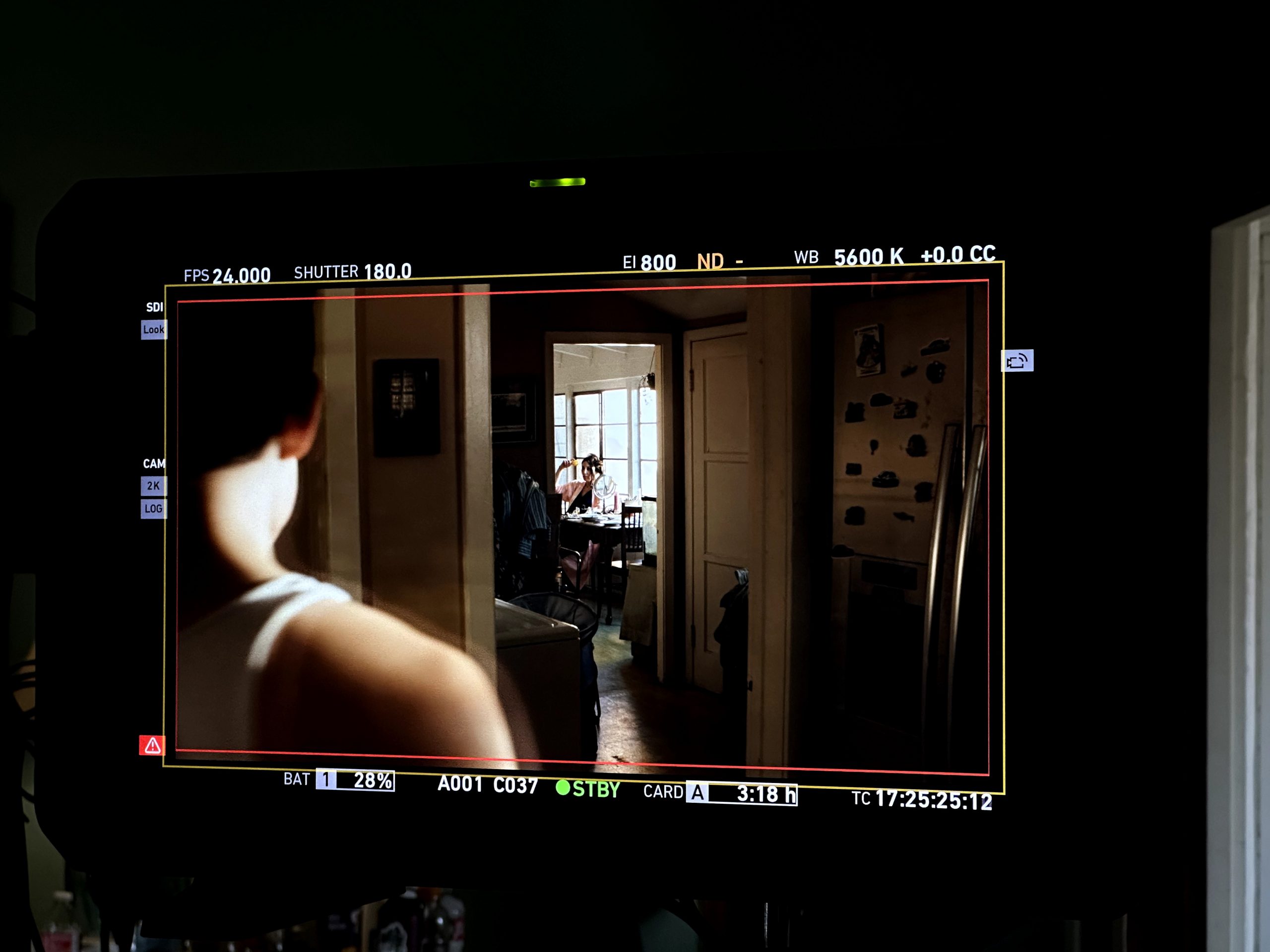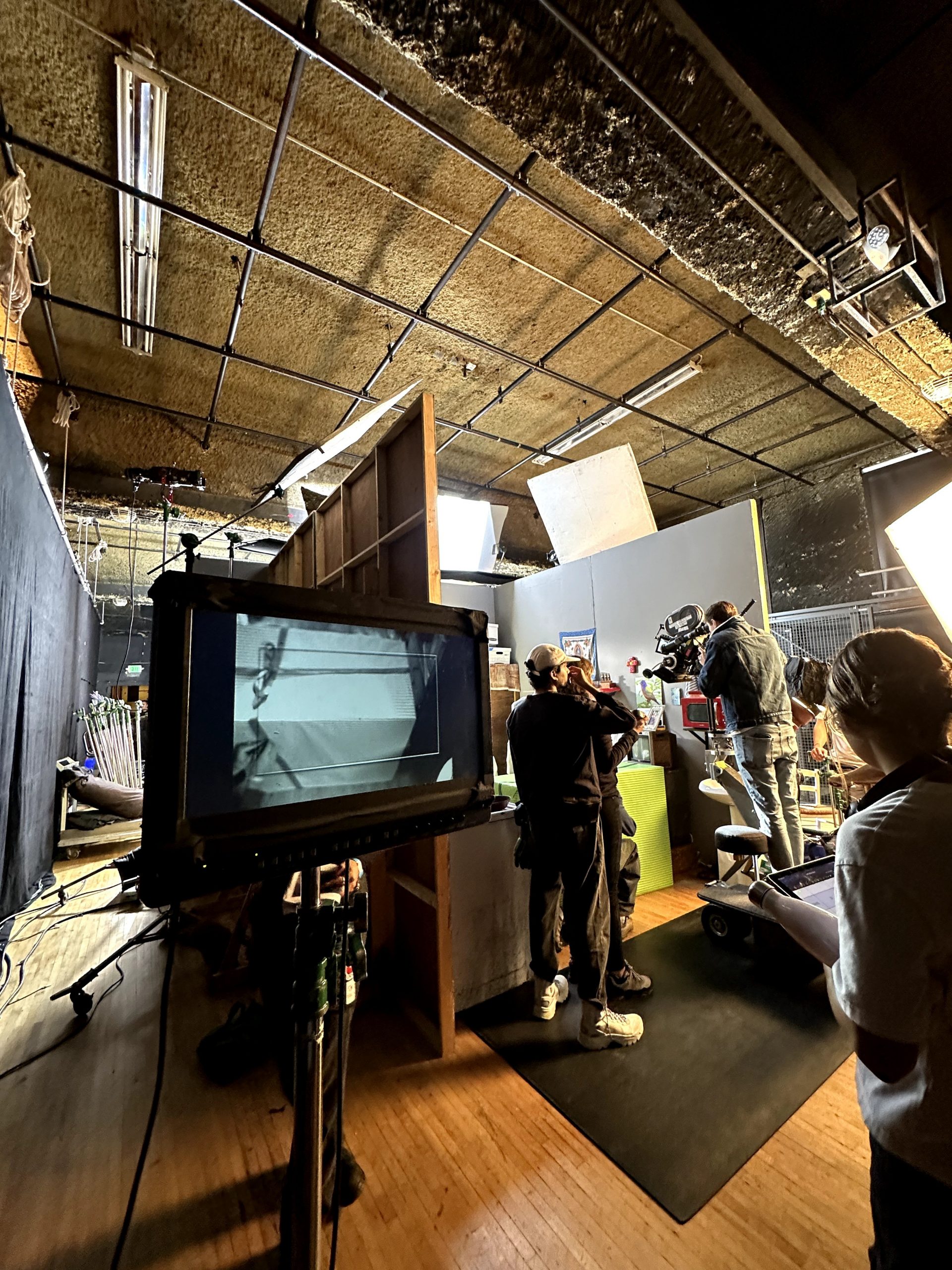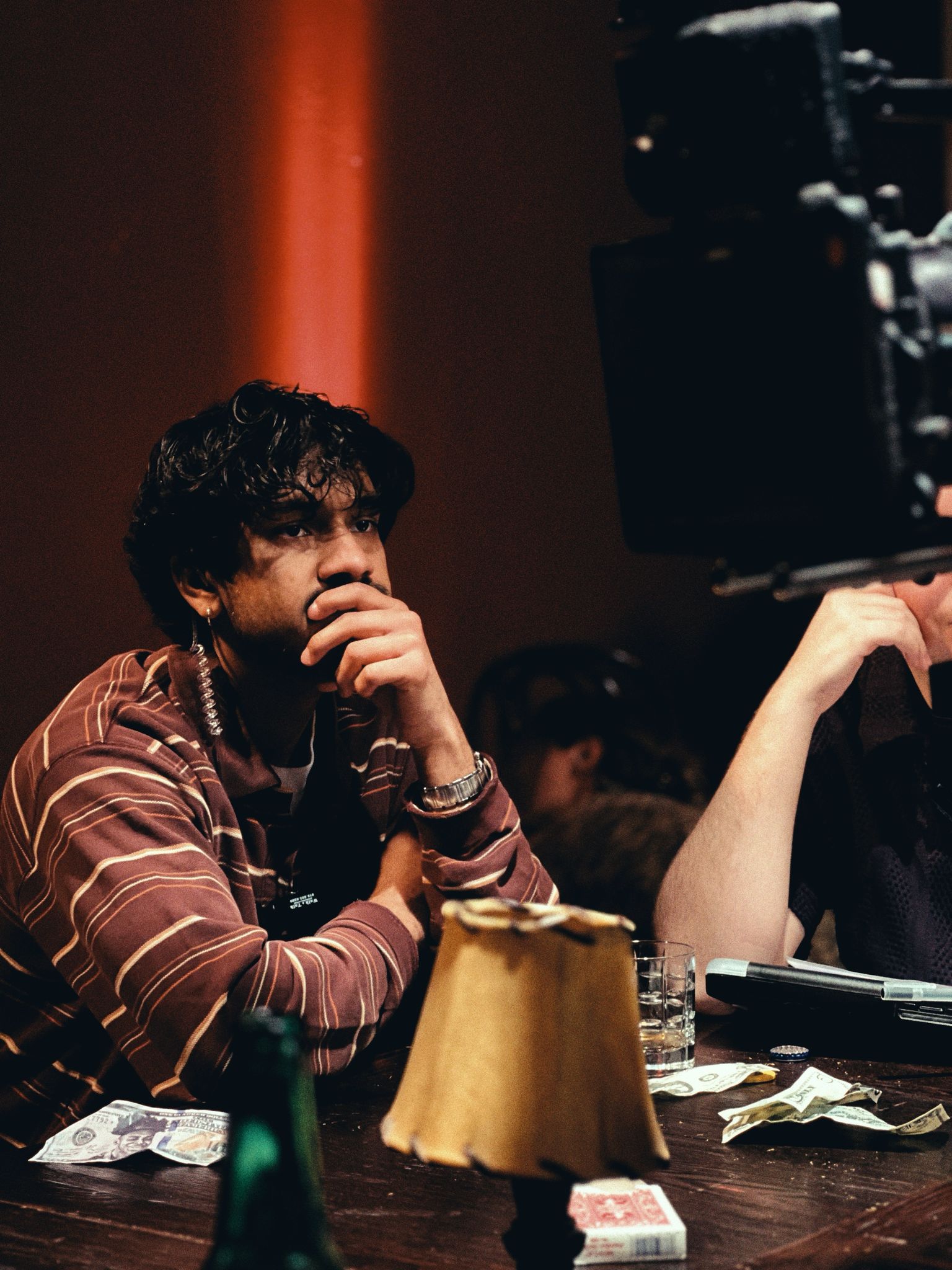Meet Shikhar Kapadia | Filmmaker
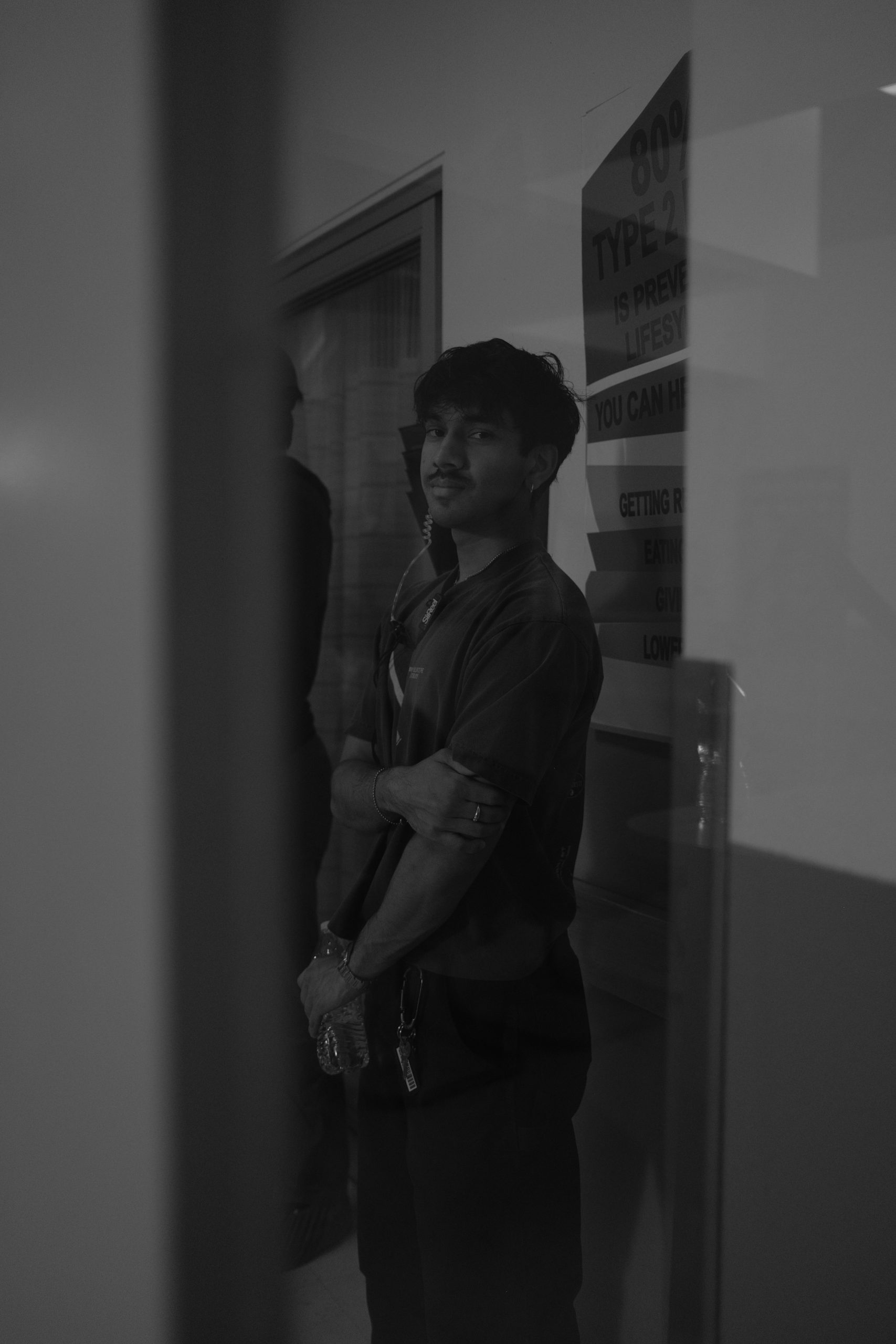

We had the good fortune of connecting with Shikhar Kapadia and we’ve shared our conversation below.
Hi Shikhar, have there been any changes in how you think about work-life balance?
I’ve always found balance difficult. I’d constantly find ways to avoid focusing on work, getting easily distracted by whatever felt more exciting in the moment. That changed when filmmaking entered my life. When I first picked up a camera to make short travel films, I took it more seriously than anything I’d done before. Documenting those moments gave me a sense of purpose, and soon enough, I knew I wanted to build a career around it.
Over time, that passion evolved into making narrative films. Creating meaningful stories through cinema became my central goal, and I committed myself fully to learning the craft. The funny thing about the filmmaking industry, though, is that balance is always elusive. Writing feels like a mirror to life, directing is the closest thing to adult playtime, and producing makes it nearly impossible to live a “normal” life. So, in many ways, maintaining balance remains a challenge.
Now, as a graduate student, the scales have tipped in the opposite direction. I often have to make an intentional effort to have a life outside of film school. I’m lucky to have people in my life who pull me out of the cycle of constant work—and it helps that we live in California.
I try to lean into other hobbies and the outdoors to clear my mind and create space for inspiration to flow. Hiking, cooking, or simply watching a film helps me stay grounded in the moment and reconnect with myself.
There may never be a perfect balance—but I try to stay connected to the part of me that fell in love with the process in the first place: the inner child who’s here to play, explore, and tell stories.
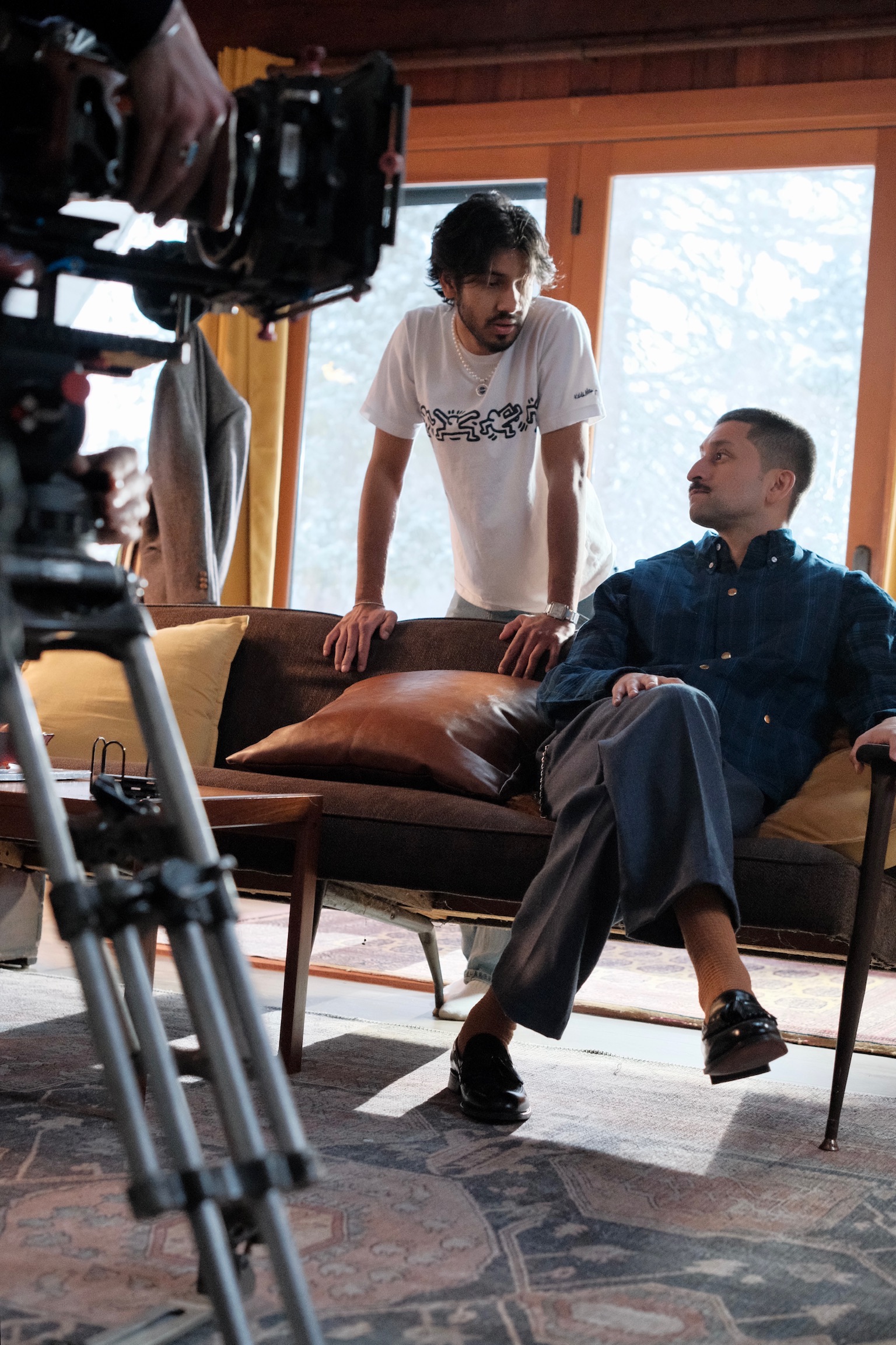
Let’s talk shop? Tell us more about your career, what can you share with our community?
I’ve never really been someone who thrived in traditional academic spaces. Growing up, I struggled to fit in, and school wasn’t where I found my voice. But I always had a pencil—and any surface that would let me draw. Sketching became my language. It was how I processed the world, how I made sense of the noise inside my head. My art began as a form of decluttering, a quiet but necessary act of emotional release.
Early on, I was drawn to charcoal—there was something about the grainy texture that felt honest to me. It mirrored the way memory works: imprecise, textured, sometimes smudged or faded. That idea of “grain” as a metaphor for memory has stayed with me. It became the lens through which I began to see not just drawing, but film.
That connection between sketching and storytelling evolved naturally. Film, to me, is memory rearranged—with perspective added. Whether literally (as in the film grain) or emotionally, film captures the imperfections and textures of lived experience. That’s what sets my work apart. I don’t chase perfection. I try to capture the essence of a feeling—something real, even if it’s not entirely clear.
Today, I make films that explore themes of identity, immigration, and the search for purpose—themes that echo my own lived experience. I’m currently a graduate student at the American Film Institute, where I continue to shape my voice as a filmmaker. I gravitate toward stories that feel specific yet universal—narratives that hold emotional truth and explore what it means to belong.
It hasn’t been an easy road. I’ve had to step far outside my comfort zone—moving to new cities, navigating new cultures, putting myself in vulnerable situations. But I’ve learned that discomfort is often the birthplace of growth. Each challenge pushed me to dig deeper, both personally and creatively. It taught me that filmmaking, like life, is a team effort. And that qualities like self-awareness, openness, and emotional honesty are essential—not just for art, but for collaboration.
What I’m most proud of isn’t a single film or accomplishment, but the fact that I’ve stayed true to my artistic compass. I’ve kept close to “the grain”—that texture of memory, emotion, and perspective that defines my work. My hope is that audiences feel something real in my films—that they see a reflection of themselves, even in stories that aren’t their own.
I don’t think I’ve “arrived” by any means. I still have a long way to go. But I know I’ll keep moving forward, guided by the principle of making art that feels true. And staying close to the grain.
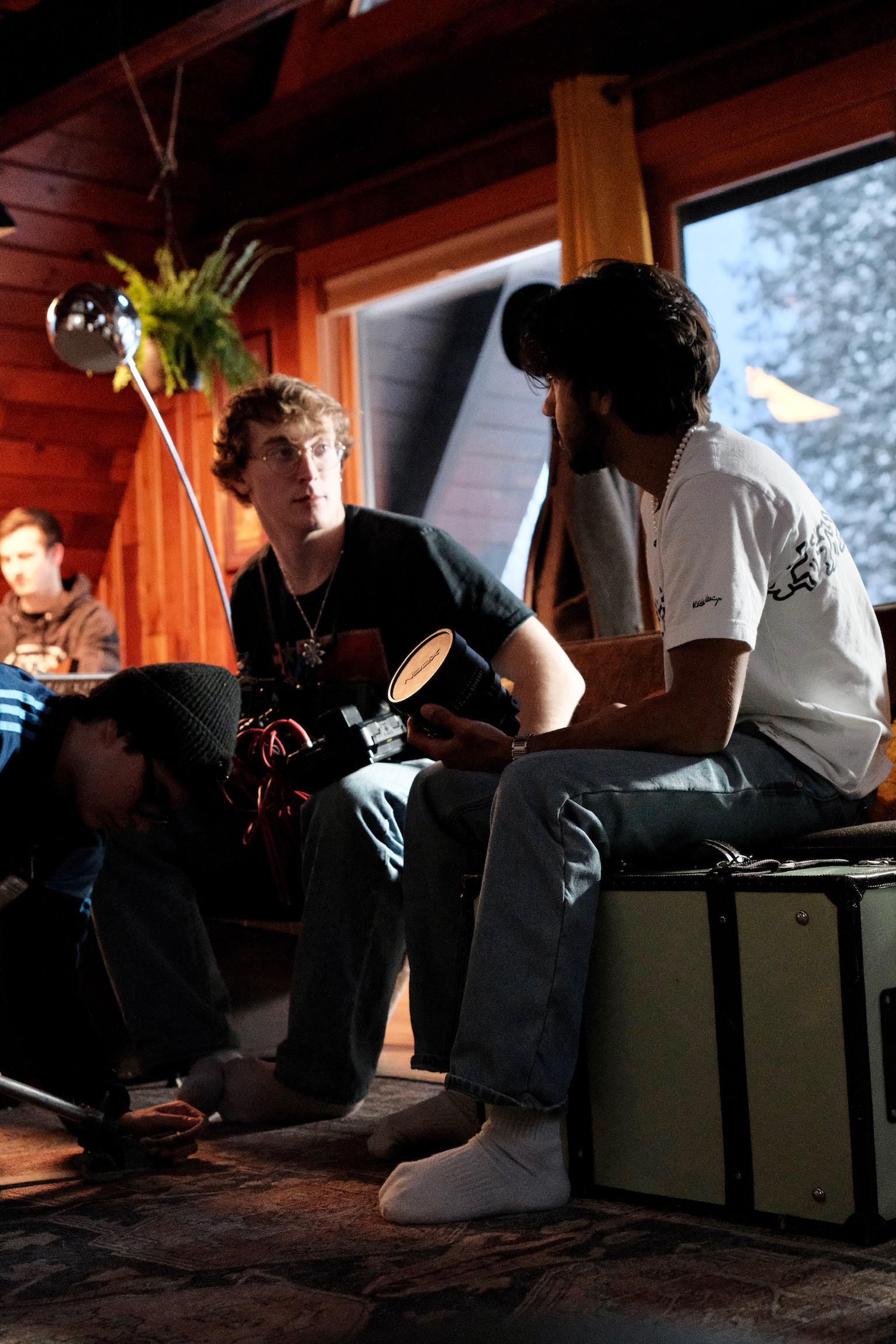
If you had a friend visiting you, what are some of the local spots you’d want to take them around to?
I’m Indian. So I take hosting very seriously. That said, I’m still relatively new to Los Angeles, but I’ll try my best at giving you a solid itinerary for a week.
Let’s start with some hang out spots:
I’d definitely take them on a hike. Probably on the Satwiwa Loop trail, swim in the waterfalls and then hike all the way over to Malibu.
I’d probably take them to the Arts District for an Art Walk, the Broad, take them to the Rose Bowl and if it’s not open then another flea market, I’d take them for a screening at the academy museum or the new beverly and force them to have some root beer. I think a comedy show can be fun, but too much of a gamble for the money. I’d probably take them to the Arcane bookstore, or to play beach volleyball in Venice, Highland Park Bowling, a concert at The Lodge Room, and maybe just call them over to play some board games at my place.
Here are some places i’d take them to eat: Cerveteca Culver City for breakfast, then pick up wine at Stanley’s wet goods right next to it. I’d take them to Mizlala in mid city, Pizzeria Mozza, 626 Ice cream in Arcadia, Luv2Eat Bistro for some good Thai food, Joy in Highland Park, Gjelina in Venice, Awash in Mid City for Ethiopian.
Lastly, I’d take them to Walt’s bar, Sam’s place, All seasons brewery, and Desert 5, for a drink.
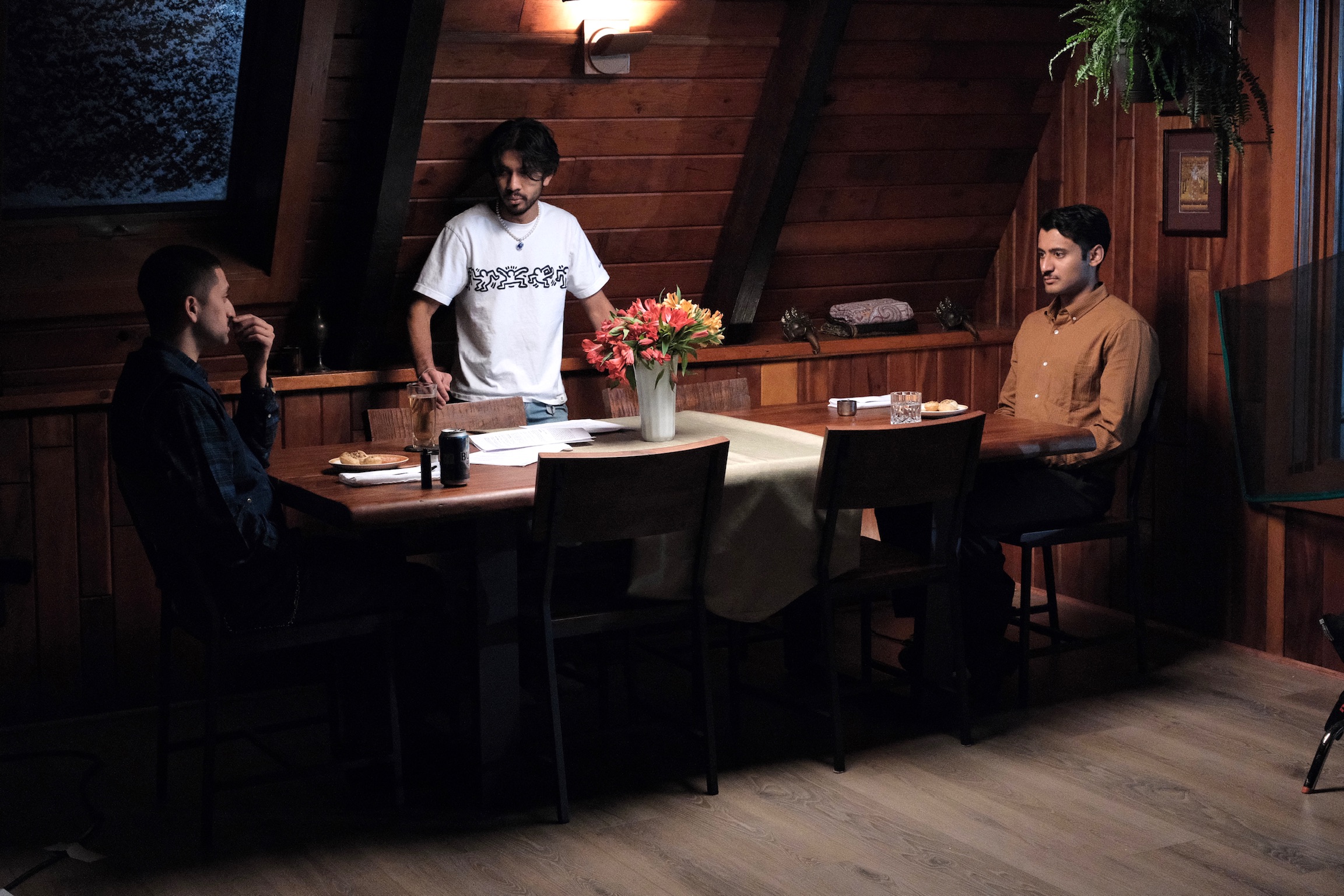
Shoutout is all about shouting out others who you feel deserve additional recognition and exposure. Who would you like to shoutout?
I’d like to dedicate my shoutout to my girlfriend, Duda Costa Carvalho. She’s been a pillar of support throughout my journey in film—a steady, grounding presence through the chaos that often comes with choosing a creative path.
Pursuing a career in the arts requires a bit of courage and a lot of faith. There’s always that voice in your head asking if you really have something worth saying, and more often than not, it’s hard to quiet that voice alone. But when you have someone like Duda by your side, it becomes a whole lot easier.
Duda is ambitious, resilient, and deeply rational. She approaches life like it’s one big puzzle—driven by a desire to solve problems, to understand how things work, and to make them better. That’s what led her to architecture. She’s deeply interested in how people interact with spaces and how design can shape a more conscious, sustainable, and efficient society.
But there’s one puzzle she admits she hasn’t quite figured out: human connection. It’s the one area where logic falls short—and that’s where I come in.
Despite her analytical nature, Duda feels connection in subtle, intentional ways. She quietly observes—reading my writing, watching my sketches, trying to map the contours of my inner world. It’s like I’m some alien species she’s fascinated by, and every day is a new opportunity to decode how I work. In doing that, she taps into something emotional—something that logic alone can’t explain, but that she’s constantly chasing.
Her way of connecting is through curiosity. She asks questions—lots of them—not just to understand what I’m trying to say, but to help me understand it myself. In those conversations, she takes my emotions and applies her logic to make sense of them, and somehow, that gives both of us clarity. And then she wraps it all up with a big, grounding hug.
Duda dedicates so much of her time and energy to understanding the stories I want to tell and reminding me why they matter. That kind of support is rare, and I’m incredibly lucky to have it. So thank you, Duda—for everything.
Instagram: https://www.instagram.com/shikhar_kapadia/
Linkedin: https://www.linkedin.com/in/shikharkapadia/
